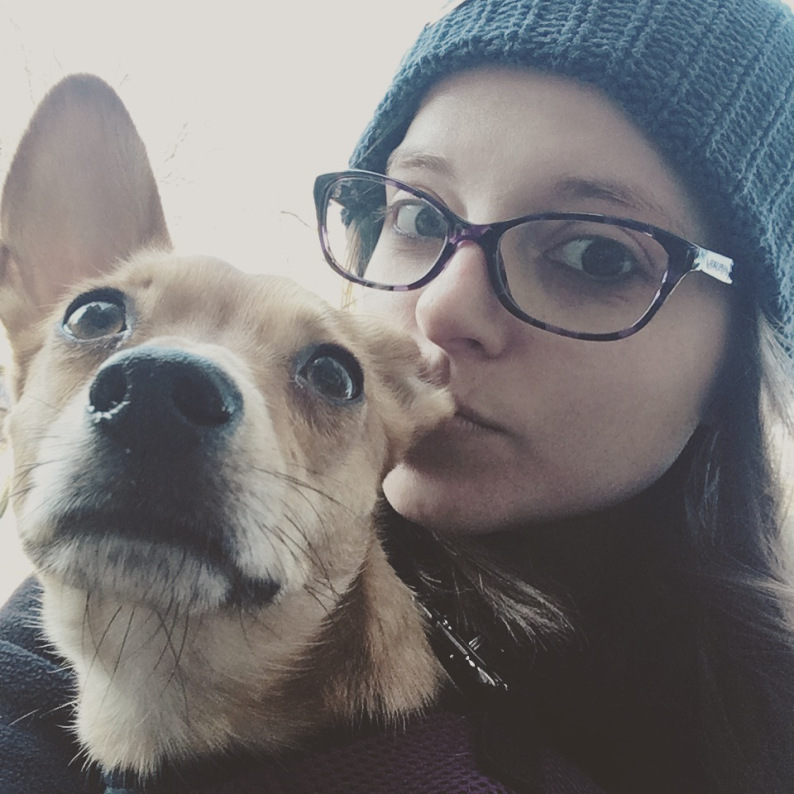THE DOGS OF SPAIN — YASI SALEK
/Somewhere along the way, I decided that dog people are happy people, well-adjusted. You try things, right? Meditation or B12 or a plant-based diet. I tried those, and then I tried being a dog person. I’ve seen a lot of dogs on the streets here in Spain. The dogs of Spain are indifferent towards me, that much I know. On the phone, you said maybe it’s just that they don’t speak English. I think you were joking, but still, it seemed worth a try. Hunching over, I whispered hola, hola puppy to Chihuahuas and Terriers and Spaniels, all of them aloof still.
Does that make sense? I ask the Spanish taxi driver who had made the mistake of asking how I was. He nods, turns up the radio. Once I saw a woman walking three small dogs. She turned around and gave me a tight smile, then kept walking. About thirty seconds later, a grey tabby cat wearing a collar with a bell came around the corner, passing me and slinking along a few feet behind them. He insists on joining us, she said to me, and I smiled. I’d rather he didn’t, actually, she said with a deep sigh before walking off, seemingly pulled by the weight of the tiny dogs and tailed, then lapped, by the cat, who was lightly jingling all the way.
I liked the audacity of this cat, how it didn’t need to be invited somewhere it wanted to go. You know? The driver doesn’t answer but smiles broadly at me in the rearview mirror. He’s wearing several silver bracelets. The sun glints off his jewelry and hits me in the eye. You’re pretty? He asks it like a question. I don’t know, so I don’t respond. Are you single? He’s wearing a wedding ring. He wants to know what sort of woman I am, wants to place me. I want that too. I nod a little because I don’t know where we are, you or I, let alone us. He seems dismayed. He says I seem like a joyous person. I nod again because that sounds like a nice kind of person to be. So why don’t you find a sad man to share your joy with? I remember some of the sad men I wasted my joy on. I don’t tell him about them, or about how I presented my joy like a gift basket filled with fruit and flowers, then dropped it to down to drown in the murky water of their melancholy.
The sadness of all sad men is like Tolstoy’s happy families, all the same, I say. Do you like Tolstoy? I ask the driver. He just smiles. I look outside. There are so many dogs. I roll down the window. Hola, hola puppy. I hear the jingle of the cat’s collar, and I want to follow it. Stop here. I get out of the taxi. I hear all the sad men humming. They’re out of tune.
Yasi Salek is a writer. She once ghost-wrote as the Twitter voice for Top Ramen.









